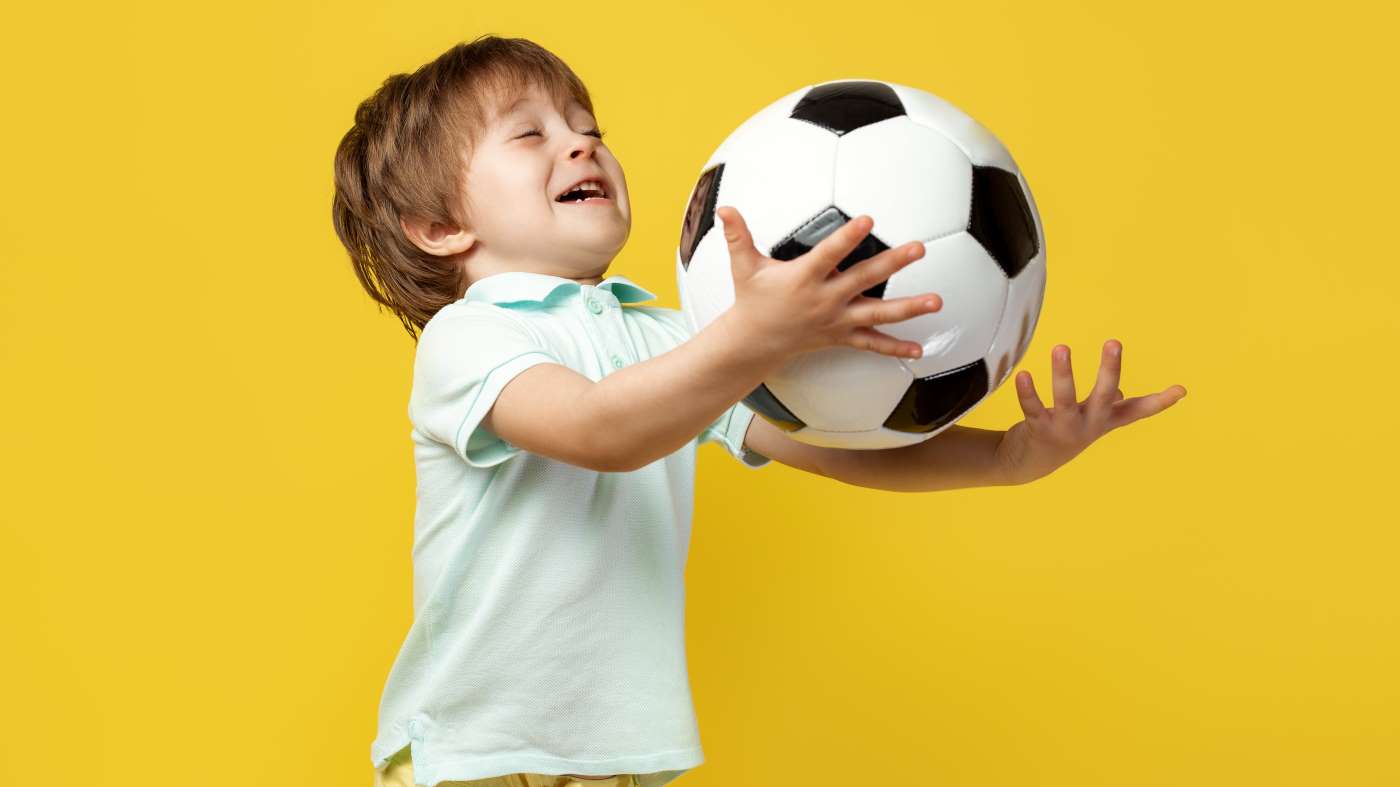All caught up – skills needed to catch a ball

Catching a ball is a great skill for your toddler to learn as it’s used in many different games and sports. There are numerous times when catching comes into daily life too; think about when someone throws a chocolate to you, or maybe some keys. It is one of those things that will come into play at spontaneous times. But did you know that catching involves a wide range of skills?
Before they can catch a ball, your toddler needs to know what's coming!
First, your toddler's hearing and vision need to tune into what's about to happen. You need to get their attention so they can think about what's coming, or the ball will simply hit and bounce off them.
Say their name or give them a warning, like “One, two, three... catch!”
Once you throw the ball, your toddler needs to keep their eyes on it.
This could be challenging at first since your toddler might pay more attention to you than the ball itself; this can be overcome with lots of practice.
When the ball comes close to them, your toddler might instinctively turn their head away, which can hinder them catching it.[1] This usually stops happening when they have built up their confidence.
When they move their arms and hands to catch the ball, your toddler's hand-eye coordination abilities come into play.
Before they perfect the skill of catching the ball in their hands, it will likely make contact with their arms and body first.[2]
It's not uncommon for toddlers to stand still like statues in the hopes of catching the ball in their outstretched arms. When your toddler is developing these skills, it will help if you stand close to them and throw it gently.
There is a lot of information to process in the short time that the ball is in the air.
Catching can be made more difficult by the numerous inconsistencies that can be found in a throw. Balls come in a variety of sizes and can be thrown at different heights, speeds and distances. Toddlers are thought to catch a ball best when it is thrown at their chest height and from a short distance.[1]
References:
[1] J.D. Goodway, J.C. Ozmun, D.L. Gallahue (2021). Understanding Motor Development Infants, Children, Adolescents, Adults. 8th Edition. Jones and Bartlett Learning.
[2] V.G. Payne, L.D. Isaacs (2012). Human Motor Development. McGraw Hill.